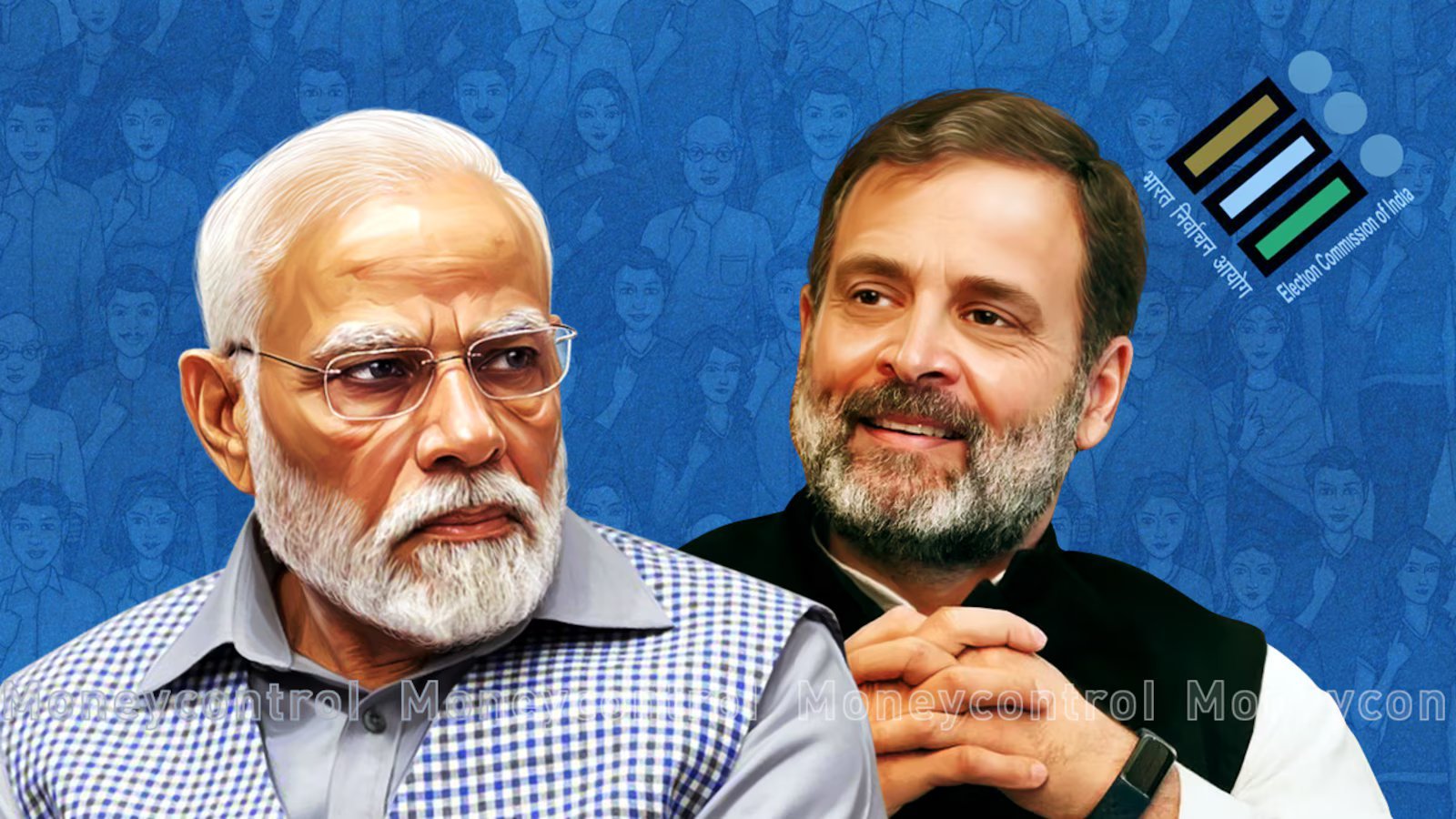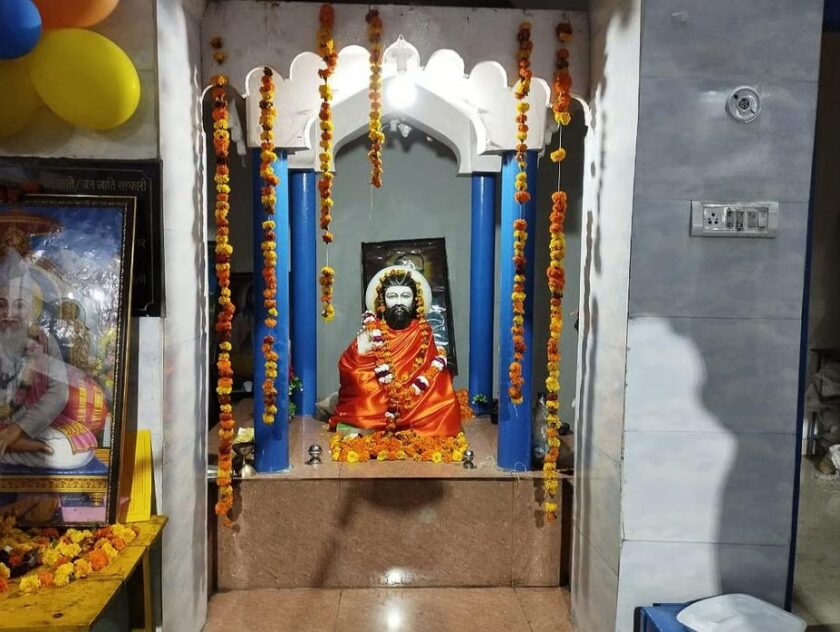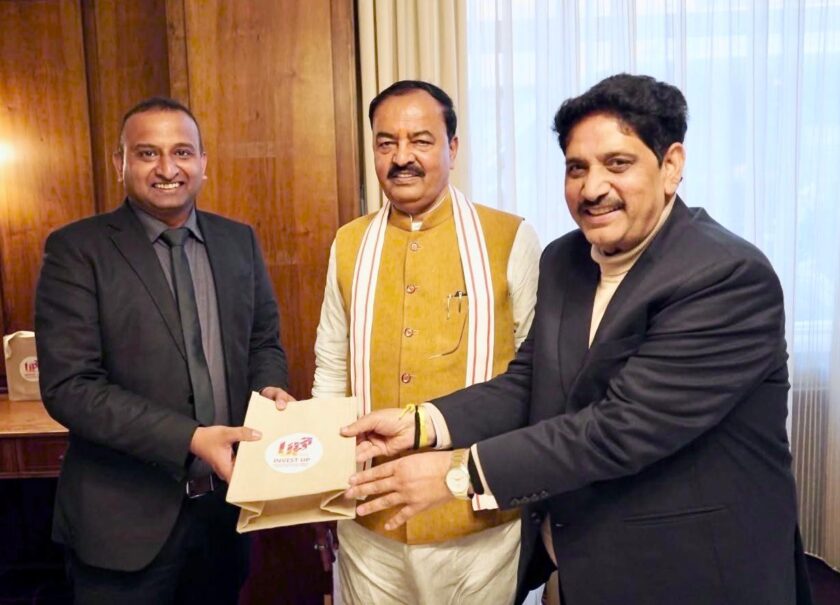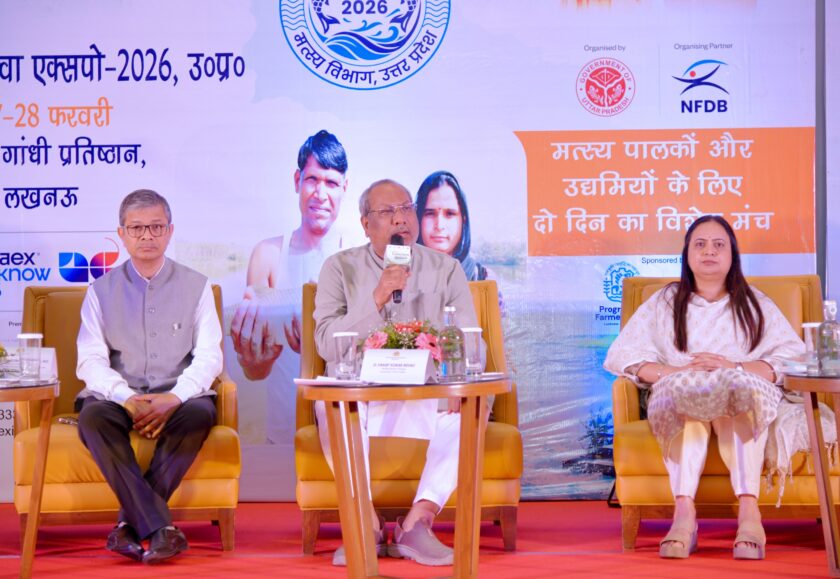New Delhi: Elections are the cornerstone of democratic governance, providing citizens with the opportunity to shape their government and its policies. As the world’s largest democracy, India’s electoral process is a marvel of logistics and civic engagement, encompassing over 900 million eligible voters. The future of elections in India is poised to be shaped by technological advancements, demographic shifts, legal reforms, and evolving political dynamics. This essay explores these factors and their potential impact on India’s electoral landscape.
Technological Advancements
1. E-Voting and Blockchain Technology
One of the most anticipated changes is the introduction of electronic voting (e-voting) and blockchain technology. While India has successfully implemented Electronic Voting Machines (EVMs) since the 1990s, e-voting could further simplify the voting process. Blockchain technology promises to enhance the transparency and security of elections by providing a tamper-proof ledger for votes. This could address concerns about electoral fraud and increase voter confidence.
2. Artificial Intelligence and Big Data
Artificial Intelligence (AI) and Big Data are set to revolutionize election campaigns and voter engagement. AI can analyze vast amounts of data to identify voter preferences, optimize campaign strategies, and target communications more effectively. Big Data analytics can provide insights into voter behavior and trends, enabling more responsive and personalized political campaigns.
3. Digital Voting Platforms
The integration of digital voting platforms could make it easier for citizens, especially those in remote areas or with mobility issues, to participate in elections. Mobile apps and online voting systems could streamline the voting process, reduce logistical challenges, and increase voter turnout. However, ensuring cybersecurity and preventing hacking will be paramount.
Demographic Shifts
1. Youth Engagement
India’s demographic profile is youthful, with a significant portion of the population under the age of 35. Engaging this demographic is crucial for the future of elections. Young voters are tech-savvy, socially conscious, and often more demanding of transparency and accountability. Political parties will need to adapt their strategies to appeal to these voters, incorporating digital platforms and addressing issues like employment, education, and climate change.
2. Urbanization
Rapid urbanization is another significant trend. Urban voters have different concerns compared to their rural counterparts, such as infrastructure, pollution, and public services. Political parties will need to tailor their messages and policies to address these urban issues, while also ensuring that rural areas are not neglected.
Legal and Electoral Reforms
1. Electoral Finance Reforms
The role of money in Indian elections has been a contentious issue. Future reforms are likely to focus on increasing transparency in political funding, capping election spending, and curbing the influence of illicit money. The introduction of measures such as electoral bonds and stringent disclosure norms could mitigate financial malpractices.
2. Anti-Defection Laws
Strengthening anti-defection laws to prevent elected representatives from switching parties for personal gain could ensure greater political stability and integrity. Ensuring that legislators remain accountable to their electorate rather than party leaders will enhance democratic principles.

3. Electoral Roll Management
Accurate and updated electoral rolls are essential for fair elections. Future reforms might include leveraging Aadhaar (a unique identification number system) to authenticate voter identities, reducing duplication, and ensuring that all eligible voters are registered. Additionally, allowing Non-Resident Indians (NRIs) to vote through postal ballots or e-voting could broaden the electoral base.
Political Dynamics
1. Coalition Politics
India’s political landscape is characterized by a multi-party system, often resulting in coalition governments. As regional parties continue to gain influence, coalition politics will likely remain a fixture. Effective governance will require managing diverse political alliances and ensuring that coalition partners adhere to common policy agendas.
2. Rise of Regional Parties
The increasing prominence of regional parties reflects India’s diverse cultural and linguistic landscape. These parties often address local issues more effectively than national parties. Future elections will see these parties playing a critical role, potentially leading to more decentralized governance and policies tailored to regional needs.
3. Social Media Influence
Social media’s role in shaping public opinion and political discourse is growing. Platforms like Twitter, Facebook, and WhatsApp are becoming battlegrounds for political messaging and misinformation. Regulating the use of social media in elections, combating fake news, and ensuring responsible use will be critical challenges.
Challenges and Opportunities
1. Addressing Electoral Malpractices
Electoral malpractices such as vote-buying, booth capturing, and fake voting remain challenges. Strengthening the Election Commission of India (ECI) with more autonomy and resources can help enforce laws and ensure free and fair elections. Technological interventions, like biometric authentication at polling booths, could also mitigate these issues.
2. Increasing Voter Participation
Despite high voter turnout compared to global averages, there is room for improvement. Educating citizens about the importance of voting, simplifying the registration process, and making voting more accessible through initiatives like early voting and mail-in ballots could enhance participation.
3. Ensuring Inclusive Elections
Inclusivity in elections means ensuring that marginalized and minority groups have a voice. Future electoral reforms must focus on eliminating barriers for these groups, providing equal opportunities to vote, and ensuring that their concerns are represented in political discourse.
The future of elections in India is set to be dynamic and transformative. Technological innovations, demographic shifts, legal reforms, and evolving political dynamics will shape the electoral landscape. By embracing these changes, India can enhance the efficiency, transparency, and inclusivity of its electoral process. As the country continues to uphold its democratic values, the future of its elections will reflect the aspirations and diversity of its people.









